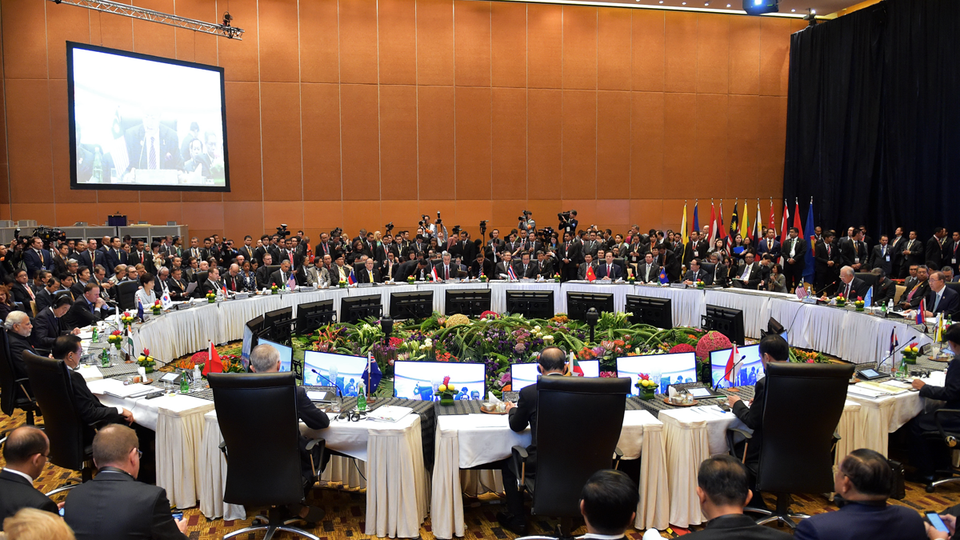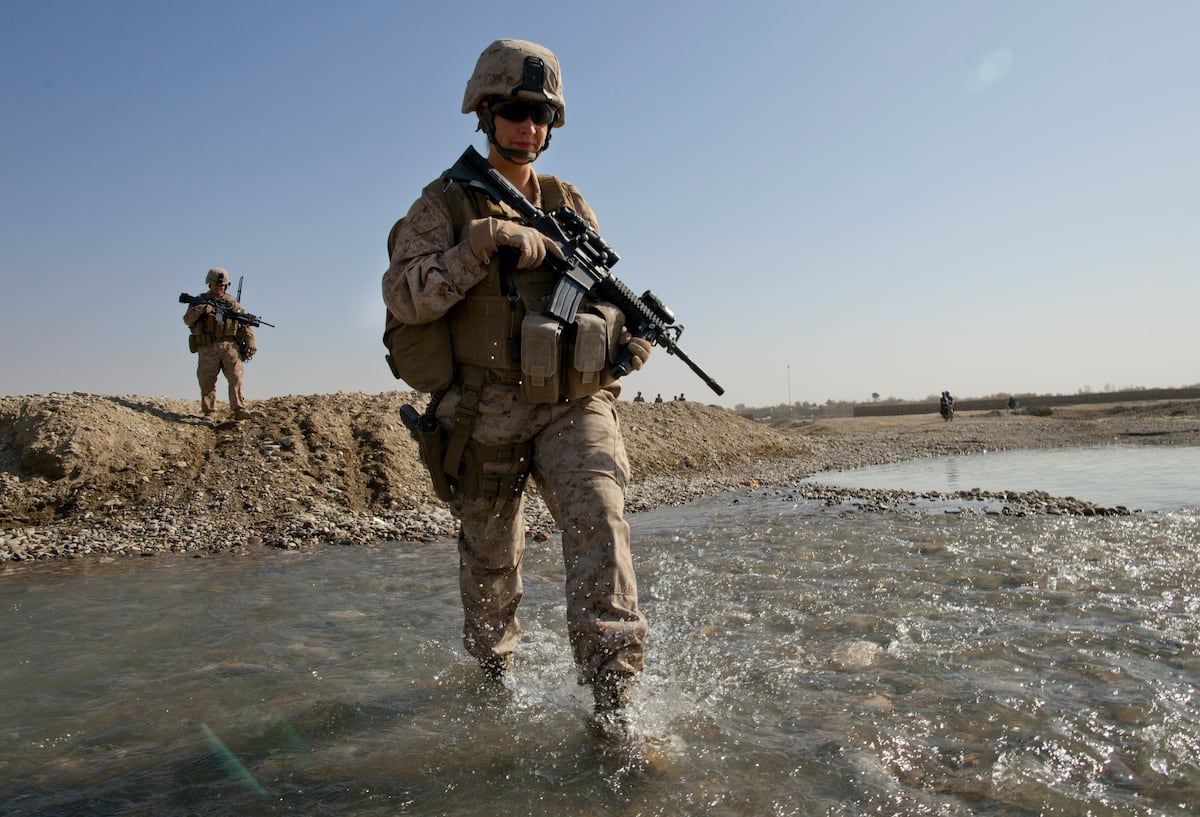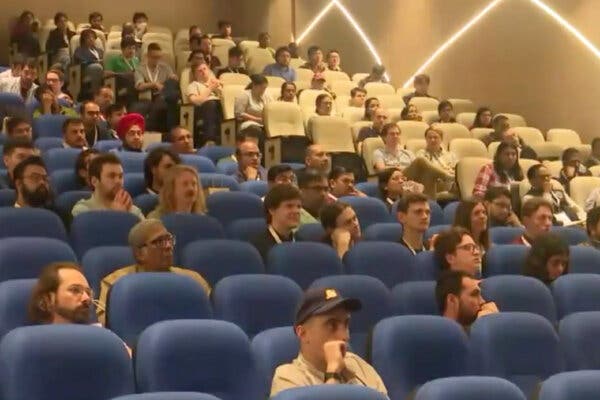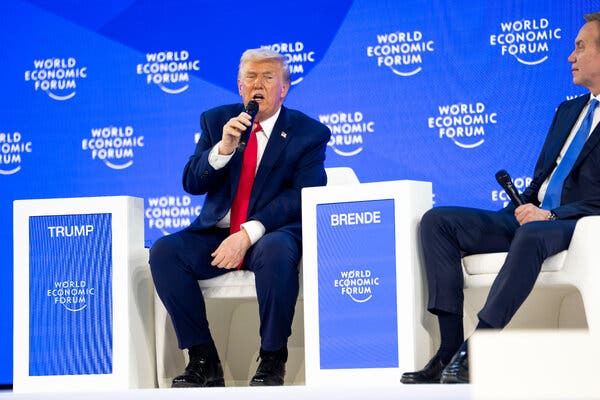Human Rights Watch (HRW) has issued a strong call for leaders attending the ASEAN and East Asia Summits in Kuala Lumpur later this month to reject the upcoming elections in Myanmar, labeling the process a “sham.” This plea highlights the ongoing crisis in Myanmar, where the military junta, led by Senior General Min Aung Hlaing, has intensified repression and violence against pro-democracy forces since seizing power in February 2021.
In an open letter directed to governments participating in the summits, HRW urged member states to deny recognition of the junta’s planned national elections scheduled for December 2023. The organization argues that these elections would further entrench the military’s control and exacerbate the humanitarian crisis affecting millions in the region.
Escalating Violence and Displacement Crisis
The situation in Myanmar has deteriorated significantly, with HRW reporting that over 3.5 million people have been displaced due to ongoing violence. Furthermore, many face severe food insecurity as the junta continues its campaign against ethnic resistance groups and dissenters. The organization has documented numerous incidents of airstrikes and artillery shelling, along with deliberate attacks on civilians and critical infrastructure.
HRW pointed out alarming developments such as the new election law introduced on July 30, which criminalizes any protest or criticism of the electoral process, imposing penalties that can extend to the death penalty. In a related case, a man was sentenced in September to seven years of hard labor for posting online criticism about the elections. Such measures underscore the repressive climate under which the elections are set to occur.
Legal experts emphasize that attacks on civilians may constitute prosecutable offenses under international humanitarian law, despite Myanmar not being a party to the International Criminal Court (ICC). Nonetheless, the precedent set by cross-border crimes against the Rohingya could pave the way for the United Nations Security Council to refer the situation to the ICC.
Urgent Actions Needed from ASEAN
HRW called upon ASEAN leaders to “categorically reject” any recognition of the junta’s elections as legitimate. The organization highlighted similar sentiments expressed by UN High Commissioner for Human Rights and UN Special Envoy Julie Bishop, who both warned that elections conducted under the current conditions could further destabilize Myanmar and increase violence.
Former ASEAN foreign ministers have also urged a “complete strategic reset” on Myanmar, echoing HRW’s concerns about the bloc’s current engagement with the military junta. Legal scholars warn that continued interaction without repercussions undermines ASEAN’s commitments to democracy, governance, and human rights as outlined in its foundational documents.
HRW’s letter also brought attention to the humanitarian crisis, noting that over four million Myanmar nationals are currently in Thailand, with nearly half reported as undocumented. Additionally, approximately 180,000 Rohingya refugees in Malaysia face the threat of arrest and deportation. The organization has called on ASEAN governments to enhance aid contributions and restore funding from the United Nations, ensuring the protection of refugees from forced return.
International law mandates clear responsibilities regarding refugees, particularly the principle of non-refoulement, which prohibits returning individuals to nations where they may face persecution or serious harm. HRW urged ASEAN members to affirm this principle and cease maritime pushbacks of Rohingya asylum seekers intercepted at sea.
HRW commended Thailand for implementing new regulations that allow registered Myanmar refugees the right to work, a policy it encouraged Malaysia and other countries to adopt to alleviate economic vulnerability and exploitation among the refugee population.
Despite ASEAN’s longstanding principle of non-interference, HRW argues that the organization’s commitment to human rights provides a legal and moral basis for collective action, particularly when a member state poses a threat to peace and stability in the region.







